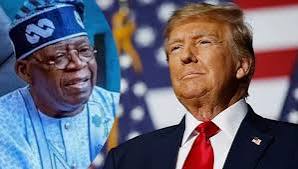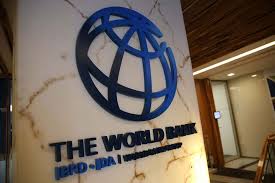President Donald Trump has announced that a 14% tariff will be applied to exports from Nigeria to the United States.
This decision, revealed during a “Make America Wealthy Again” event in the Rose Garden on Wednesday, is part of a broader strategy to rebalance global trade and address perceived unfair trade practices.
The introduction of this 14% tariff represents a significant change in U.S.-Nigeria trade relations, with the U.S. government pointing to an ongoing trade imbalance.
The Trump administration claims that Nigeria imposes a 27% tariff on U.S. exports, a disparity they argue has negatively impacted American businesses and consumers for years.
In response, the U.S. has enacted this new tariff on Nigerian exports to address what they consider an unfair trade arrangement.
During his speech, Trump positioned the tariff as part of a larger effort to protect American industries and jobs.
Trump declared the start of what he called a new era of “fair trade,” promising to “supercharge America’s industrial base” and open foreign markets that have historically excluded U.S. products.
“This is one of the most significant days in American history,” Trump remarked. “We will strengthen our domestic industrial base, unlock foreign markets, and eliminate trade barriers. Ultimately, increased production at home will foster stronger competition and lower prices for consumers.”
“This will truly mark the golden age of Americans returning. We are poised for a strong comeback.”
In addition to a 14 percent tariff on Nigerian exports, President Trump unveiled a comprehensive trade policy that includes a baseline 10 percent tariff on all U.S. imports.
These new tariffs, which take effect immediately, will affect over 50 countries, including major trading partners like China, the European Union, India, and Japan, as well as developing nations in Asia, Africa, and Latin America.












